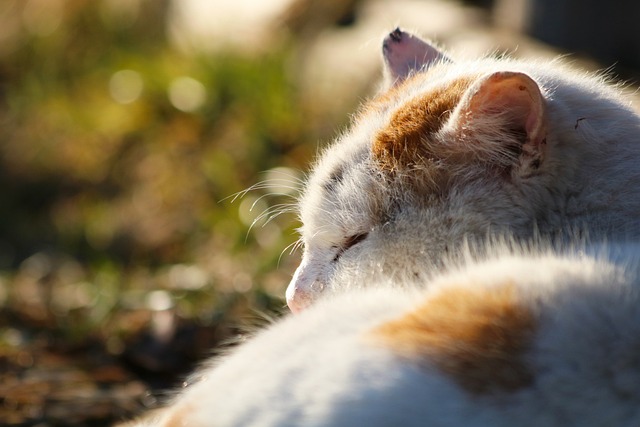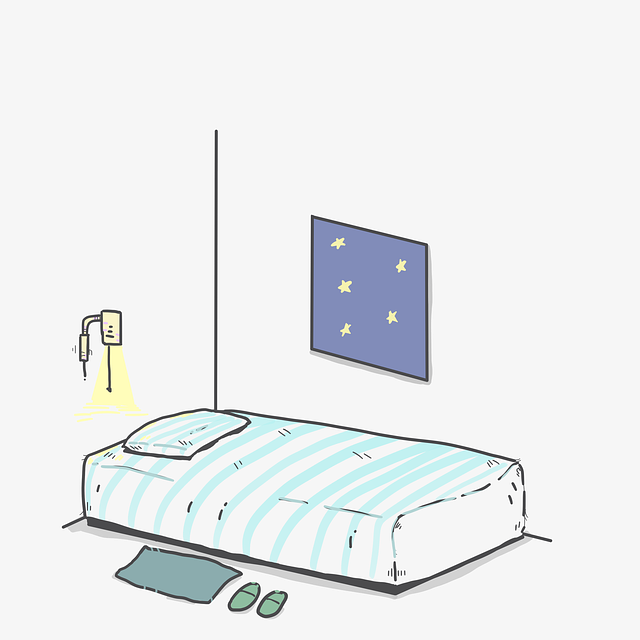In today’s fast-paced, technology-driven world, stress and sleep disturbances have become increasingly common. Many people find themselves overwhelmed by work, social obligations, and the constant demands of modern life. Amid this chaos, nature offers a simple yet profoundly effective remedy: exposure to the natural environment. Whether it’s a walk in the park, a hike in the woods, or simply sitting under a tree, time spent in nature has been shown to reduce stress, improve mental well-being, and enhance sleep quality. In this article, we’ll explore the science behind these benefits and how you can incorporate nature exposure into your daily life for better health.
The Science Behind Nature’s Healing Power
Human beings have an innate connection to nature, often referred to as “biophilia.” This concept suggests that our relationship with the natural world is deeply rooted in our biology. Studies show that spending time in green spaces—or even viewing images of nature—can trigger physiological and psychological responses that promote relaxation and recovery. The mechanisms behind these effects include:
- Reduced Cortisol Levels: Cortisol, often called the “stress hormone,” is elevated during periods of stress. Research has found that spending time in nature significantly lowers cortisol levels, helping the body transition from a state of tension to calmness.
- Activation of the Parasympathetic Nervous System: Nature exposure activates the parasympathetic nervous system, which is responsible for “rest and digest” functions. This promotes relaxation, slows heart rate, and reduces blood pressure.
- Improved Mood and Mental Clarity: Natural environments are associated with increased feelings of happiness, reduced symptoms of anxiety and depression, and enhanced cognitive function. This is partly due to the release of serotonin and dopamine, neurotransmitters that regulate mood.
- Regulation of Circadian Rhythms: Exposure to natural light helps synchronize the body’s internal clock, or circadian rhythm, which governs sleep-wake cycles. Proper alignment of this rhythm leads to better sleep quality and duration.
How Nature Reduces Stress
Stress is a major contributor to many health problems, including heart disease, obesity, and mental health disorders. Nature provides a powerful antidote to stress through several pathways:
1. Restorative Effects of Green Spaces
Green spaces like parks, forests, and gardens offer a calming environment that contrasts sharply with urban settings. These areas are typically quieter, less crowded, and filled with soothing sights, sounds, and smells. Walking through a forest, for example, allows you to focus on the rustling leaves, birdsong, and fresh air, creating a sense of peace and mindfulness.
- Forest Bathing (Shinrin-Yoku): Originating in Japan, forest bathing involves immersing yourself in a forest environment to reap its therapeutic benefits. Studies show that this practice reduces stress hormones, lowers blood pressure, and improves overall well-being.
2. Mindfulness and Presence
Nature encourages mindfulness—the practice of being fully present in the moment. When you’re surrounded by trees, water, or mountains, it’s easier to let go of worries about the past or future and focus on the beauty around you. This shift in attention reduces rumination, a key factor in stress and anxiety.
3. Physical Activity in Nature
Engaging in physical activity outdoors amplifies the stress-reducing effects of exercise. Activities like hiking, gardening, or cycling in natural settings combine the benefits of movement with the restorative power of nature, leading to greater relaxation and satisfaction.
How Nature Improves Sleep
Sleep is essential for physical and mental health, yet millions of people struggle with insomnia or poor-quality sleep. Nature exposure can play a pivotal role in improving sleep patterns through the following mechanisms:
1. Exposure to Natural Light
Natural light is crucial for regulating the production of melatonin, the hormone that signals your body when it’s time to sleep. Spending time outside during daylight hours helps reset your circadian rhythm, making it easier to fall asleep at night and wake up refreshed in the morning.
- Morning sunlight exposure is particularly beneficial, as it sets the tone for the rest of the day. Even 20 minutes of outdoor light in the early hours can improve sleep onset and duration.
2. Reduction of Blue Light Overload
Modern lifestyles often involve excessive screen time, which exposes us to blue light emitted by phones, computers, and TVs. Blue light disrupts melatonin production and interferes with sleep. By spending time in nature, you naturally reduce your reliance on screens and give your eyes—and brain—a break.
3. Lower Stress Levels
As mentioned earlier, nature reduces cortisol levels and promotes relaxation. High stress and elevated cortisol can interfere with sleep by keeping the mind alert and preventing deep restorative sleep. By lowering stress, nature indirectly enhances sleep quality.
4. Connection to Earth’s Rhythms
Being in nature helps you attune to the earth’s natural rhythms, such as sunrise and sunset. This awareness fosters healthier sleep habits, such as going to bed earlier and waking up naturally without alarms.
Practical Ways to Incorporate Nature Exposure
You don’t need to live near a forest or mountain range to experience the benefits of nature. Here are some practical ways to integrate nature into your routine:
1. Daily Walks
Aim for a 20-30 minute walk in a nearby park, garden, or along a tree-lined street. If possible, do this in the morning to maximize the benefits of natural light.
2. Gardening
Tending to plants, whether in a backyard garden or on a balcony, provides hands-on interaction with nature. It also promotes mindfulness and a sense of accomplishment.
3. Outdoor Workouts
Swap the gym for outdoor activities like running, yoga, or strength training in a park. The combination of exercise and fresh air boosts both physical and mental health.
4. Nature-Based Mindfulness Practices
Practice meditation, deep breathing, or journaling while sitting in a natural setting. Focus on the sights, sounds, and sensations around you to deepen your connection to the environment.
5. Weekend Getaways
Plan regular trips to forests, beaches, or mountains. Even short escapes can have lasting effects on stress reduction and sleep improvement.
6. Bring Nature Indoors
If accessing nature is challenging, bring elements of it into your home. Add houseplants, use essential oils like lavender or eucalyptus, or decorate with nature-inspired artwork.
Real-Life Evidence: What the Research Says
Numerous studies highlight the positive impact of nature exposure:
- A 2019 study published in Frontiers in Psychology found that spending at least 20 minutes in a park-like setting significantly reduced cortisol levels.
- Research conducted in Japan demonstrated that participants who engaged in forest bathing experienced lower heart rates and improved mood compared to those in urban environments.
- A 2020 review in Environmental Health Perspectives concluded that exposure to green spaces was associated with better sleep quality and reduced risk of insomnia.
These findings underscore the importance of prioritizing time in nature as part of a holistic approach to health.




